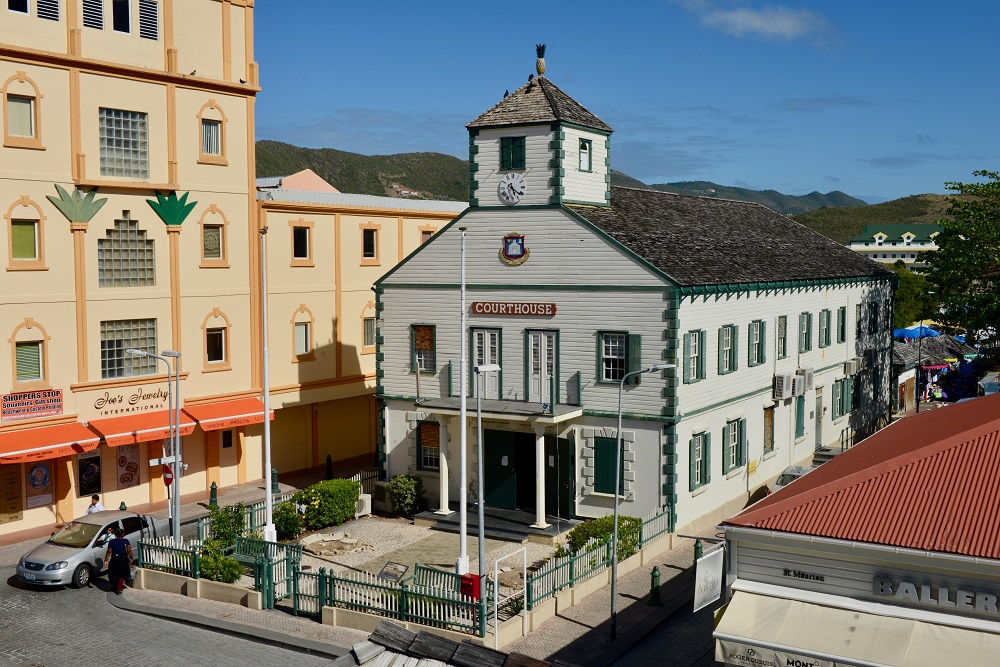Matser’s conviction for tax fraud stands

PHILIPSBURG – Former Member of Parliament Silvio Matser has found no reprieve at the Supreme Court in The Hague where he contested his 2017 conviction for tax fraud. The Supreme Court judges – Willem van Schendel, Matthias Borgers and Annelies Röttgering – upheld the ruling of the common Court of Justice though it slightly lowered the punishment because it took more than two years for the court to publish its ruling.
Matser is now irrevocably convicted to 21 months and two weeks of imprisonment with 18 months suspended, three years of probation and a fine of 15,000 guilders. In 2017, his now defunct construction company Energizer was sentenced to a fine of 3.5 million guilders in the same case.
In February 2018, Matser was furthermore sentenced by the Court in First Instance to 8 months in prison, with two months suspended for election fraud during the 2014 elections. The court also took away Matser’s right to be elected for a period of five years.
 The case before the Supreme Court was about Matser’s failure to submit timely and correct tax returns for wage and turnover taxes between 2006 and 2010 when Energizer worked as a sub contractor on the construction of Porto Cupecoy.
The case before the Supreme Court was about Matser’s failure to submit timely and correct tax returns for wage and turnover taxes between 2006 and 2010 when Energizer worked as a sub contractor on the construction of Porto Cupecoy.
On January 17, 2017, Maastricht-based attorney Claudia Reijntjes-Wendenburg took Matser’s case to the Supreme Court.
The attorney argued that it is unclear which evidence supports the conviction, that the tax inspectors were not authorized to do the investigation and that the Common Court had insufficiently responded to the arguments of the defense – in particular to the pleas that Matser had a so-called arguable point of view (pleitbaar standpunt).
The Supreme Court dismissed all arguments. The appeals ruling contained a concise representation of the evidence with references to the places were more elaborate jurisprudence could be found. The tax inspectors were correctly appointed as extraordinary police officers and they were therefore entitled to conduct the investigation.
The court also dismissed Matser’s arguable point of view. His principal for the Porto Cupecoy construction had asked him not to charge turnover tax because a request for a tax holiday that would exempt the project from turnover taxes was pending. The court found no proof that such a request had been made and ruled that Matser, or his company Energizer, should not have relied on the word of his principal. “A tax holiday requires a decree and there was no decree,” the court pointed out.
In the meantime, the tax inspectorate is still after Matser’s company Energizer, but this quest seems to be destined for failure. On December 20 it published a tax warrant in the National Gazette that contains the ominous text: “Currently without a known place of residence in St. Maarten or elsewhere.”























